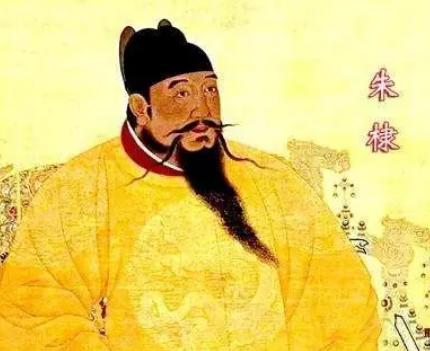Throughout the vast history of mankind, the rise and fall of various civilizations have constructed a rich and diverse cultural landscape. When we trace back to the earliest dynasty, we are not only exploring the sequence of time, but also examining the cradle of human civilization. So, which dynasty is the oldest in history?

Historians generally believe that the earliest dynasties emerged in ancient Egypt and Sumer. These regions developed civilization relatively early and formed stable monarchical systems and state institutions. Among these civilizations, we can find some of the earliest records of dynasties.
The early dynasties of ancient Egypt, such as the First Dynasty that emerged around 3100 BC, marked the birth of a unified Egyptian kingdom. The Pharaoh of this period, Narmer, conquered and unified Upper and Lower Egypt, establishing the early Egyptian dynasty. The subsequent Third Dynasty, known as the Old Kingdom period of ancient Egypt, began around 2686 BC. This was the first prosperous period in Egyptian history, and a time of high development in architecture, art, and culture.
On the other hand, the Sumerian civilization, located in southern Iraq today, can trace its earliest urban states back to between 4000 BC and 3000 BC. Although Sumer did not have a true sense of "dynasties," its urban states and city-state alliances were among the earliest forms of political organization in human history. The Sumerians invented cuneiform writing, built magnificent temples, and had a profound impact on later civilizations.
Besides ancient Egypt and Sumer, the Indus Valley civilization is also one of the earliest in the world, dating back to approximately 3300 BC. Although we know little about its rulers and political structure, this civilization left behind well-planned urban ruins and highly developed handicrafts.
Among these ancient civilizations, it is difficult to assert which specific "dynasty" is the oldest, as their political systems may have differed from our later understanding of the concept of "dynasties." However, it is certain that the dynasties and urban states of these civilizations represented the earliest forms of political organization in human history, marking a turning point in human society's transition from tribalism to the nation-state.
In general, the earliest dynasties or political organizations emerged in ancient Egypt and Sumer, as well as in the Indus Valley. The rise of these civilizations not only opened a new chapter in human history but also laid the foundation for later empires and civilizations. In exploring the history of these ancient times, we can not only understand the development trajectories of various civilizations but also deeply appreciate the richness and complexity of history.
Disclaimer: The above content is sourced from the internet and the copyright belongs to the original author. If there is any infringement of your original copyright, please inform us and we will delete the relevant content as soon as possible.
































